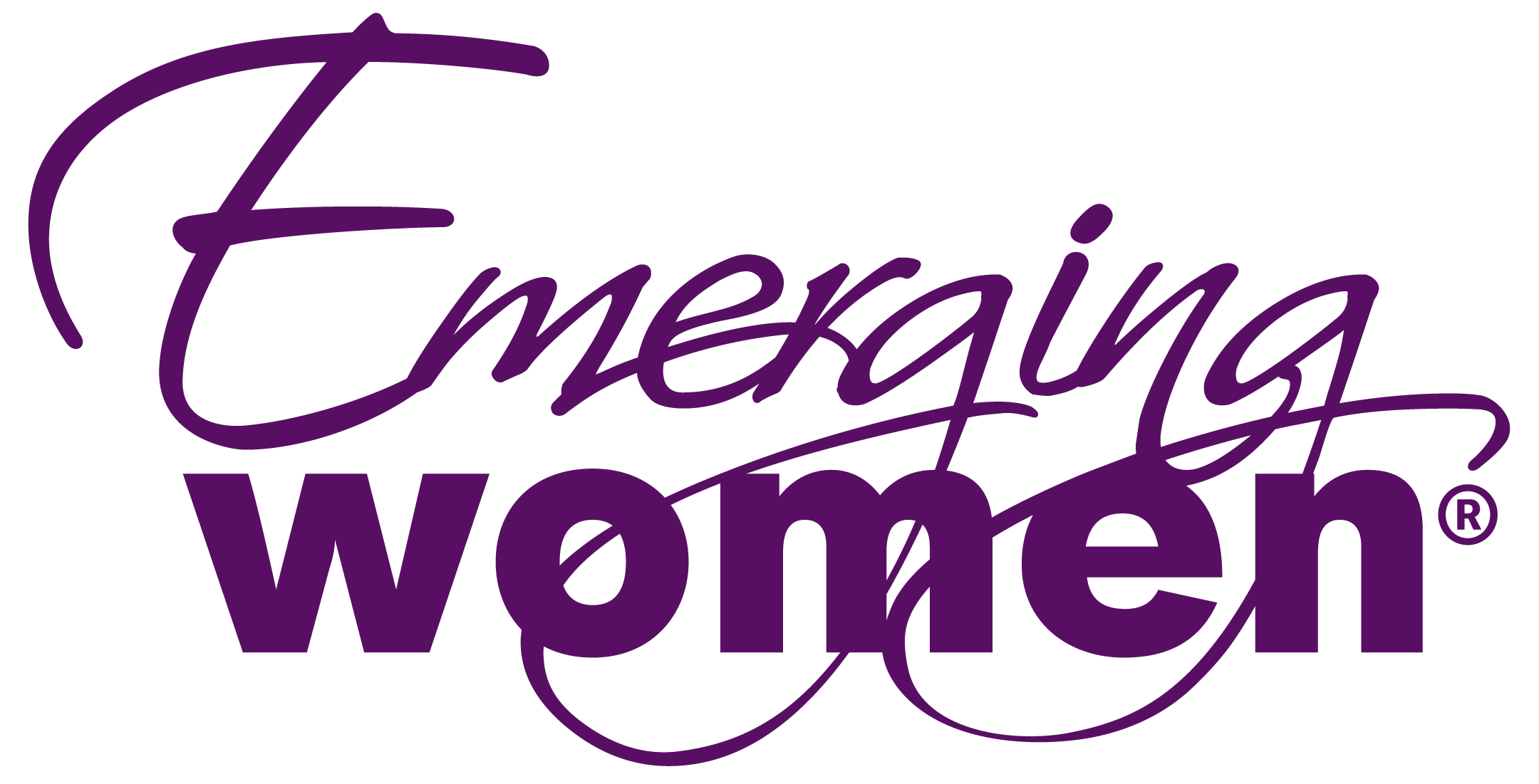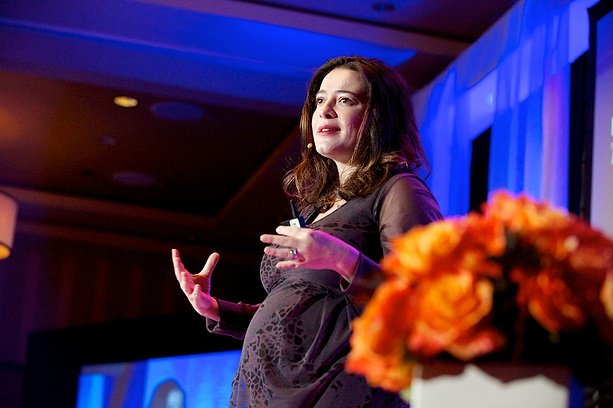This is a transcript from my conversation, “Playing Big,” with the wonderful and talented Tara Mohr.
Tara is an expert on women’s leadership and well-being. Her work helps women play bigger in their work and in their lives. With an MBA from Stanford University and an undergraduate degree in English Literature from Yale, Tara takes a unique approach that blends inner work with practical skills training, and weaves together both intellectual and intuitive wisdom. Tara has also been a speaker and workshop leader at multiple Emerging Women Live Conferences.
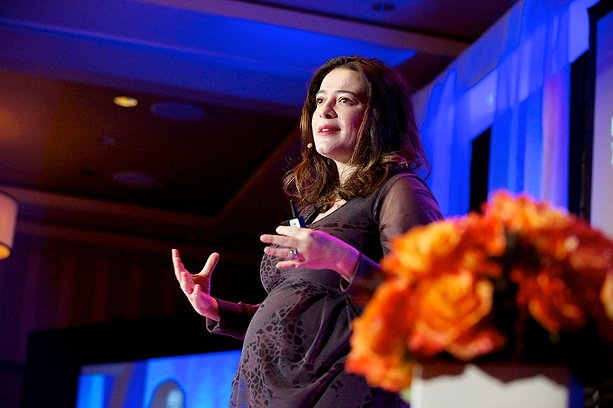 Tara Mohr at Emerging Women Live 2013
Tara Mohr at Emerging Women Live 2013
Chantal Pierrat: I’m so excited to have you today—half an hour or 45 minutes all to myself. I think I discovered you about a year ago or a year and a half ago. I’ve been getting your blogs and I read your poetry. And the thing that struck me the most was here was a woman who was diving into business, clearly very, very articulate and wise in the business world, but who was overtly—and I’m putting some emphasis on that because it’s unusual—spiritual. And I’m just so excited because it’s such a rare combination, and I would love to dig in a little bit more about your background and how that came to be and how you came to combine these two worlds that seemingly are very separate. So maybe we could just jump in there.
Tara Mohr: Yes. I’d love to begin there. That’s certainly been a big part of my journey. I was raised in a fairly unique way, hopefully a way that’s becoming less unique.
My mom was very much a spiritual seeker, and had a huge passion for psychology. So our house was full of books from all different religious traditions, from the mystical side of all different religious traditions, and she was always busy reading them. She was up at 5 a.m. writing about spiritual topics, really just for her own journey. She raised me, every morning, at the breakfast table, asking me what did I dream the night before, and having me diagram my dreams out, the Jungian interpretation, on a yellow pad while I was having my oatmeal or my Cheerios or whatever it was at the time.
And truly, I can remember incidents like being teased on the playground in kindergarten and coming home, getting into the car, my mom picking me up and saying, “Mom, so-and-so teased me, and I really hate him.” And she would always say one of two things in that scenario. She would say, “Well, what do you think is going on for that person at home that would make them tease another kid?” Or she would say, “How do you think God looks at that person?”
So this was the milieu I was raised in, and it was particularly remarkable because it wasn’t attached to any organized religion. I grew up with this access to inner life and to spiritual concepts that I think children are ready for and can understand, but we often underestimate how much and how early they can understand it. So I would say that was one track that I was on from very early in life.
“I grew up with access to inner life and to spiritual concepts that I think children are ready for and can understand, but we often underestimate how much and how early they can understand it.”
And yet, at the same time, my parents were middle class, professional, Jewish family who really valued education, and they were saying to me, “You’re bright and you have a lot of potential and we expect you t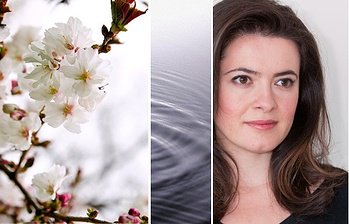 o work hard in school and do well in school.” And school was a world that felt like the opposite of all that stuff I was just talking about. Because, of course, at school, nobody was asking what God thought about any of the other kids. [Laughs] Nobody was thinking about what dreams meant.
o work hard in school and do well in school.” And school was a world that felt like the opposite of all that stuff I was just talking about. Because, of course, at school, nobody was asking what God thought about any of the other kids. [Laughs] Nobody was thinking about what dreams meant.
School felt very hierarchical. I was always aware of, “Oh, you can get a good grade or a bad grade.” And yet, my mom was saying every child was divine and special. So those things were at odds. In school, we would learn about, “This war happened because this country disagreed with this guy,” and no one was looking at the inner side of anything.
So for much of my life, I would say these two different domains felt very distinct, and I felt, often, like an outsider in both. In one I felt too sensitive and too spiritual, and in one I felt like I was sometimes saying, “Come on guys, let’s do a reality check,” or “Let’s bring a little more intellectual rigor to this.” And it’s really only in my adult life that I have begun to find a way to advocate for the message that these worlds do not have to be separate. And it’s where I can have the joy of people like you saying, “Hey, this is actually something special about you and wonderful that you combine these two things,” instead of them feeling like two different languages, where I was often trying to interpret or translate but that that was really hard.
CP: Yes, that’s why I put the emphasis on “overt,” because I was surprised to see how much you really do—that’s part of your work, that you’re combining both. And it seems like you have a lot of receptivity in the audience that you work with to this particular mix.
TM:Yes. And one thing I’ve found—and I know you have a lot of entrepreneurs listening, so this might be particularly interesting to them from the angle of their entrepreneur hat as well—is that what we tend to think of these different audiences—the spiritual audience, the secular audience, the creative, the corporate people. I even came into my business with some of that, and sometimes I would get caught up in, “Well, who am I talking to? Am I talking to the woman who has a holistic massage therapy business? Or am I talking to the woman who is a professor? Am I talking to the woman who works in the corporation?” And I had assumptions for each of those groups and how “spiritual” I could get with the content.
And what I have found is that those are total stereotypes. Every time I talk to my customers—I do a lot of just getting on the phone and doing one-on-one customer interviews on an ongoing basis because I like to stay in touch with who’s really listening. And every time I do that, and every time I read a bio of someone participating in my program, I find that there’s no stereotype that they match up with. There’s no demographic segment or psychographic segment we could even make up that they match up with. Most women are something we couldn’t predict. I just think about, in the past few weeks, talking to a woman is in my Playing Big program who is an emergency paramedic on an ambulance in a rural area, and wants to play bigger in sharing some of what she’s learned from that. That’s not someone I could ever predict that would be in my programs.
“There’s no demographic segment or psychographic segment we could even make up that they match up with. Most women are something we couldn’t predict.”
Or someone who said, on one of our first calls, “It’s my last day in the military, and tomorrow I’m going to be a civilian. Here’s what I want to play big with as I become a civilian and that’s why I’m here.” All the way from that to the life coaches and the holistic healers and the corporate people and the tech entrepreneurs.
And so many women, especially in our time, are embracing this hybrid where, “I’m a transportation engineer, but I do Native American art every weekend and that’s my passion.” Or, “I’m a college professor and physicist and I do angel card readings and I’d really like to do more of that.” I see so much of that. So I think, unfortunately, in the business world and the publishing world, there’s been an oversimplification of the audience that’s just not true to women today.
“I think, unfortunately, in the business world and the publishing world, there’s been an oversimplification of the audience that’s just not true to women today.”
CP: I so appreciate that, and I love how you’re really taking a stand and are unapologetic in an area like business that can be considered risky. I’m also curious if you’ve ever had people that said, “Well, I just want your Playing Big”—and we’re going to get into that—“I just want the business side of Playing Big. This other stuff makes me uncomfortable.”
TM: It may be that some of those people just click away from my site, and that is probably happening more than—I don’t hear about it too much. And I think people know, if they come to my site, that they’re not going to get pure secular business tactics.
For me, I don’t get excited about helping women develop those because I feel if we’re just helping people to play more effectively within a patriarchical system, that’s certainly not serving the mission I care about. I want women in touch with what they feel called to do at a soul level and to help them play bigger with that. That’s what’s going to change the world for the better. So I feel like there’s plenty of other experts out there who just help women skill up with a very neutral point of view about whatever their skills [are being used for, and] that’s fine. But I’m coming from a different place.
“I want women in touch with what they feel called to do at a soul level and to help them play bigger with that.”
CP: Tell us more about Playing Big and the essence of the work.
TM: Well, I’ll begin my sharing just how I started to use that term, “playing big,” in my work. I used to do a lot of one-on-one coaching with women. Now I do more large group programs, but when I was starting out and I was doing one-on-one, I was seeing a pattern again and again in the women that were showing up in my practice.
I always think about one of my first clients who worked in the social sector and was pretty young, early in her career, and had such incredible ideas about what needed to happen in her organization and her industry. She was on top of every journal and cutting edge conversation in the field. She was constantly reading and linking and thinking about interesting things. And nobody in her organization knew it, and nobody in her field knew it because she just couldn’t act on and speak for her ideas.
And I was so pained by seeing that, and then I started seeing the same thing in client after client. So many of the women I was seeing, in one way or another, had such brilliance to share, had something really important to share, and they didn’t see themselves as ready to share it. They didn’t see themselves as ready to take on a major leadership role. They didn’t think they were expert enough, they were being held back by their inner critic. And of course, part of the reason I was attracting that particular theme and noticing that theme was because I had certainly grappled with all of those issues myself and was still grappling with them.
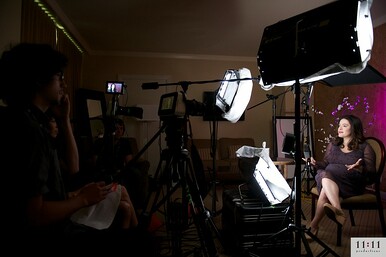 Tara at Emerging Women Live 2013
Tara at Emerging Women Live 2013
So that kind of became a focus of my work. And as I mentioned, I’m always trying to be in touch with my customers. And at a certain point a few years ago, I was doing a survey of my blog readers, and in the survey I asked my readers “What is the biggest challenge you’re facing in your life?” That’s such a good market research question—you want to know what people are grappling with. It was a multiple choice question and I listed all the things that we typically think of as so hard in women’s lives: work/life balance, not enough time, stress, I don’t know what I want, financial constraints, unsupportive people—all this stuff. And I threw in, just on a whim, “I’m playing small” as one of the choices. And when the responses came back, that was the most popular choice.
CP: Oh my. Wow.
TM: [Laughs] And I was fascinated because it was so stunning to me that that was so widespread, but more so that people knew, all these women were walking around with the same feeling I was having, like, “I’m not even sure what I mean by that, but I know I’m playing small.”
CP: Right.
TM: So out of that, I knew that I would then package the work I had already been doing with women on these issues under the term “playing big.” And what the work of that is, for me, the approach that I take, it begins with understanding what you feel called to do in your life right now. Because again, what we want to play big with is not our ego’s ambitions or the world’s ideas of success, but our true calling. So there’s a process of identifying what you’re called to now and accepting that, and then learning a variety of new ways of being that each allow you to stop holding back your voice.
“What we want to play big with is not our ego’s ambitions or the world’s ideas of success, but our true calling.”
So we do a lot of work around mastering our awareness of self-doubt and the inner critic, and beginning to separate that from the other voices within, and connect more strongly with what I call the inner mentor, which is your older, wiser self. We look at unhooking from praise and criticism, so becoming less sensitive to what other people think. And a number of other tools like that, all of which support women in playing bigger.
And then there’s a little bit of tactical work—where I bring back that left brain side and my MBA side—where after we have that foundation of inner work, there’s some training in things like negotiation and communication and pitching your work to the media. Because those things are great. It’s just that if we only get that tactical training, and we don’t change the inner dynamics of our playing small, we can’t even use the skills we learned because our fears will get in the way.
